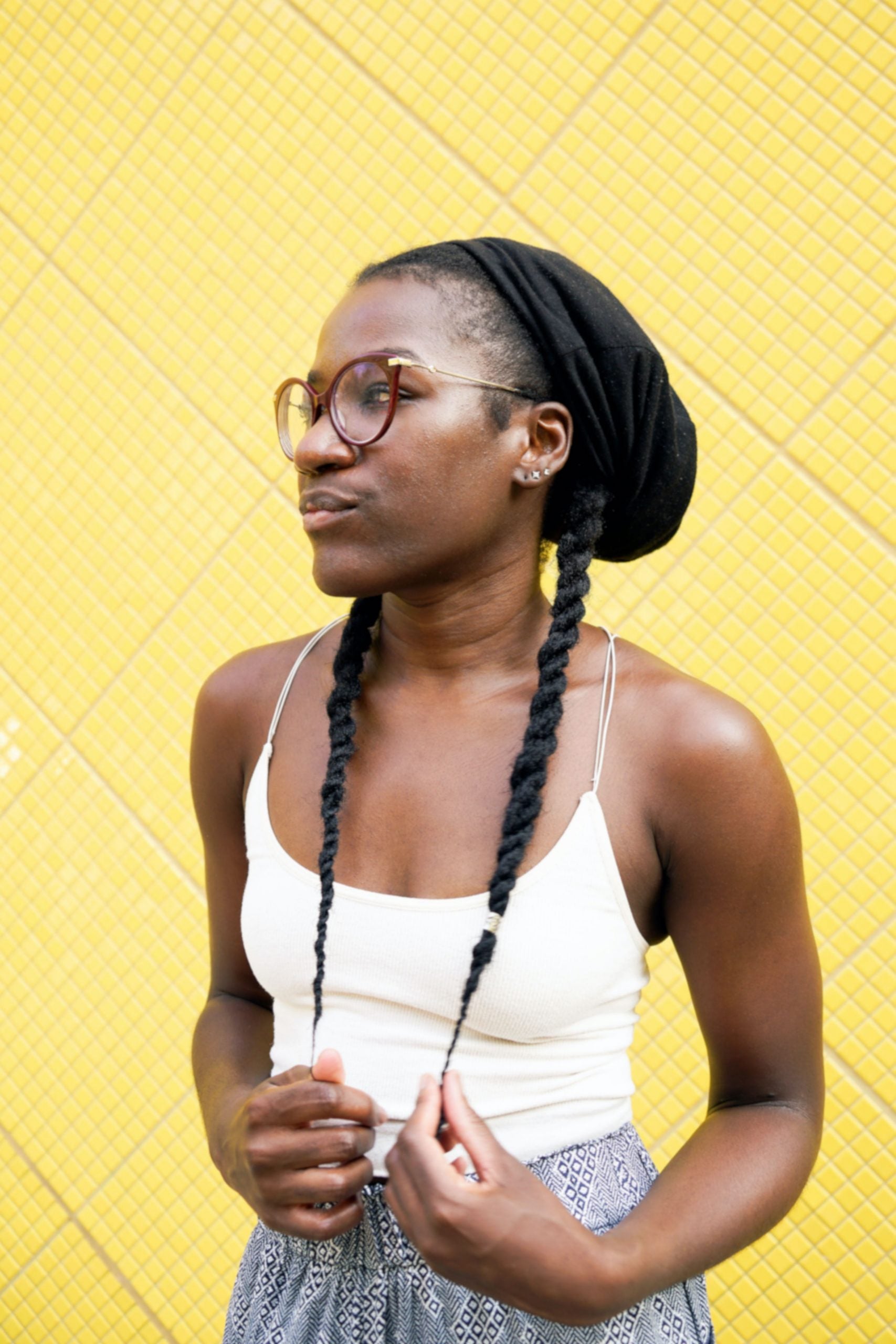
To quote Queen Latifah’s 1989 anthem, The Motherlode: 100+ Women Who Made Hip-Hop, is a book that puts “Ladies First.” The new offering from journalist Clover Hope covers the history of Hip-Hop queens, from Roxanne Shanté, Salt-N-Pepa, Lil’ Kim, and Missy Elliott to Nicki Minaj and Cardi B.
Featuring illustrations by artist Rachelle Baker, the book, which goes on sale today, not only explores the careers of women in Hip-Hop, but it also takes a look at their impact on the musical genre and society as a whole. Here, Hope talks to ESSENCE about which MCs personally inspired her, her favorite female rap verse, and when she fell in love with Hip-Hop.
I am going to start with a question from Brown Sugar: When did you fall in love with hip-hop?
CLOVER HOPE: One artist who brought out the fire in me in terms of loving Hip-Hop was DMX. The album It’s Dark and Hell Is Hot came out when I was, I think, around 13 or 14. That period of time was full of angst, and I would listen to that album front to back a lot. I was just obsessed with the darkness of it. And in terms of women, Missy Elliott and seeing her entire package — the songs, the image, the lyrics, the production, the videos — everything together was mind-blowing for me. I wanted to be on this, like, crazy trip with her.
As a woman, did you feel like Hip-Hop was a dude thing since it was male-dominated?
HOPE: I definitely knew that most of the rap that I heard on the radio and most of the rap that I was seeing [in videos] was from men. That was pretty obvious. In the videos, women were secondary and more like accessories. So visually and also [with] the content, I did kind of make that distinction that hip-hop is mostly this masculine thing. But the women in Hip-Hop were such a part of my growing up. I always loved Salt-N-Pepa, always loved Missy and Trina and Lil’ Kim from when I was a teenager.

What made you decide to write a book to celebrate women in Hip-Hop?
HOPE: The typical way the story of Hip-Hop gets told is from the point of view of men, and the major points in the timeline are male accomplishments and achievements. And, you know, people will throw in Lil’ Kim, Lauryn Hill, Missy. But then I wanted to figure out how to also cover some of the women who aren’t as celebrated, and I also wanted to think about women that I didn’t know from the ’70s, when Hip-Hop started, and how they are weaved into this whole tapestry of hip-hop.
What music did you play for inspiration while you were working on the book?
HOPE: I played a lot of Trina and Kim. [Trina’s] “Da Baddest B-tch” was an anthem I would listen to before job interviews. And Kim’s Hard Core, because I always feel like that is the perfect album. Also, I tried to go back and listen to all the women who are in the book who I hadn’t listened to a lot of their music — like Nikki D, who was the first woman rapper signed to Def Jam, and Roxanne Shanté and Yo-Yo. That was the soundtrack.
Who was the first female rapper you ever met?
HOPE: I went to an Eve meet-and-greet when I was maybe 17 when the Scorpion album came out. She came through Queens and was doing a signing at Music Factory. I used to go there to get CDs. I remember going and standing on the line, and then there was one of those promo trucks outside playing [her music]. I was by myself too—I didn’t go with anyone. She quickly signed my CD. I remember her being like, “How do you spell your name?” I still have the CD and a poster that she signed. I was obsessed with them.
Who do you think is the most underappreciated or overlooked female rapper?
HOPE: I would say the Lady of Rage is one. She was signed to Death Row and had issues in terms of getting her album out under Dr. Dre. That was a whole struggle that we talked about. But she was dope lyrically … It’s just tough when a really great woman rapper sits on the label for so long and just doesn’t get that opportunity or that chance.
If you had to pick one favorite female rap verse, what would it be?
HOPE: Definitely “Shoop”: “Can I get some fries with that shake-shake booty?/If looks could kill, you would be an Uzi/You’re a shotgun — bang!/What’s up with that thang?/I wanna know, how does it hang?/Straight up, wait up, hold up, Mr. Lover/Like Prince said, you’re a sexy mutha/Well-a, I like ’em real wild, B-boy style by the mile.”
With Cardi B and Megan Thee Stallion killing it right now, what do you think of the current state of women in Hip-Hop?
HOPE: It’s great that so many women are sort of giving themselves the platform, by creating their own personas and stepping up on their own. … Cardi and Megan and Saweetie — they’re naturally funny and they’re naturally kind of on Front Street in their own way. I think it’s a good sign that they’re flourishing. I’m choosing to be optimistic that it will continue. It’s just hard to imagine that there won’t be more women coming out.